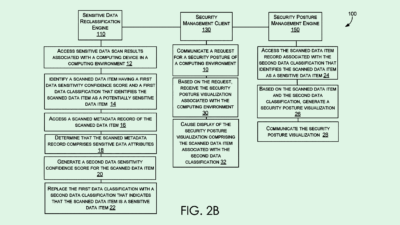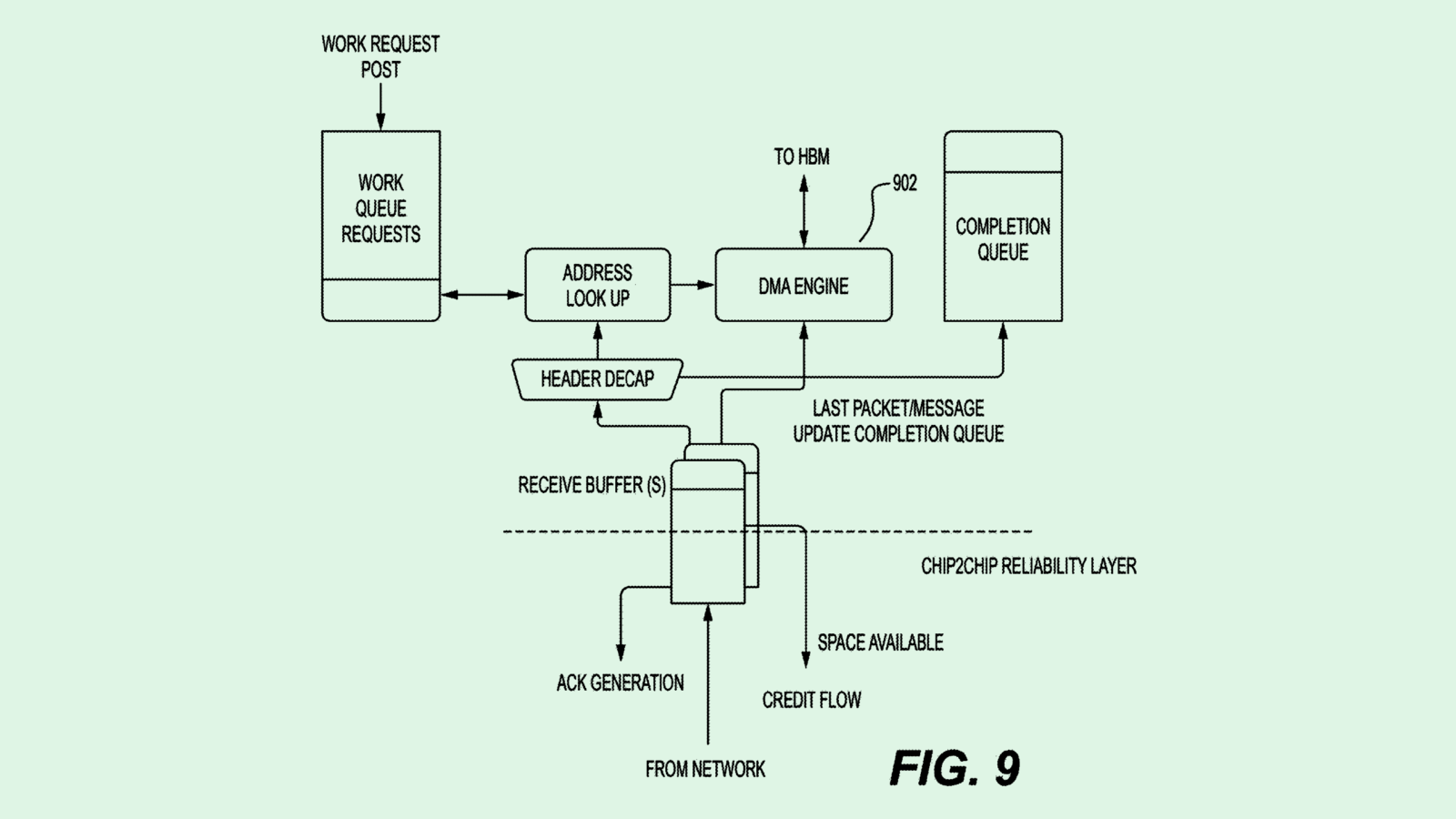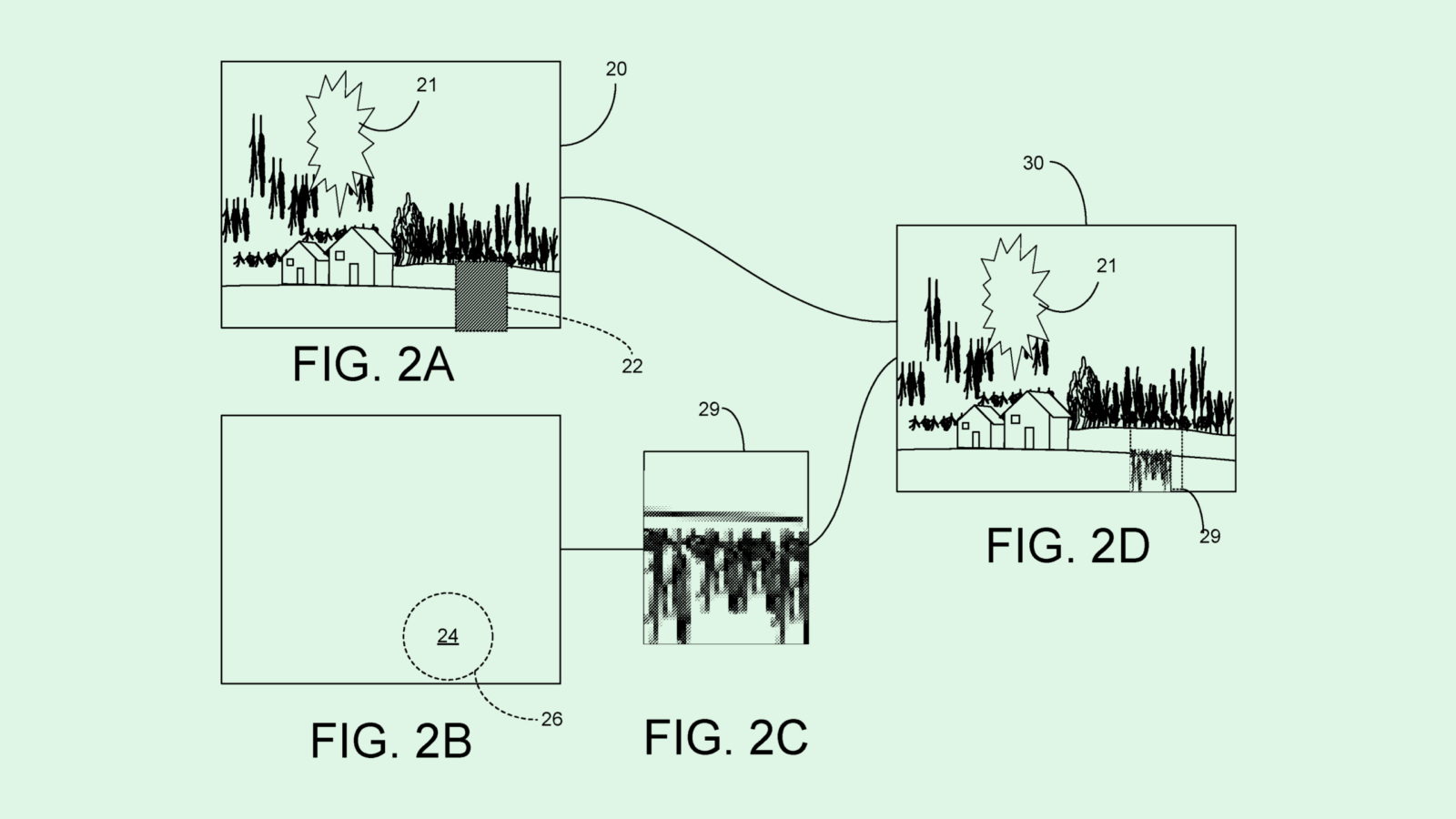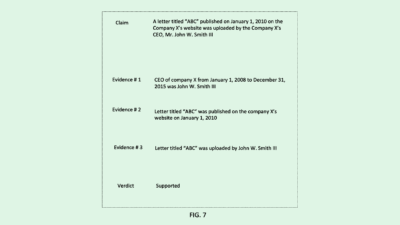Apple Seeks Patent for Health-Based Trigger Warnings
The filing adds to its ever-growing health tech capabilities — and its growing mountain of data to keep safe.
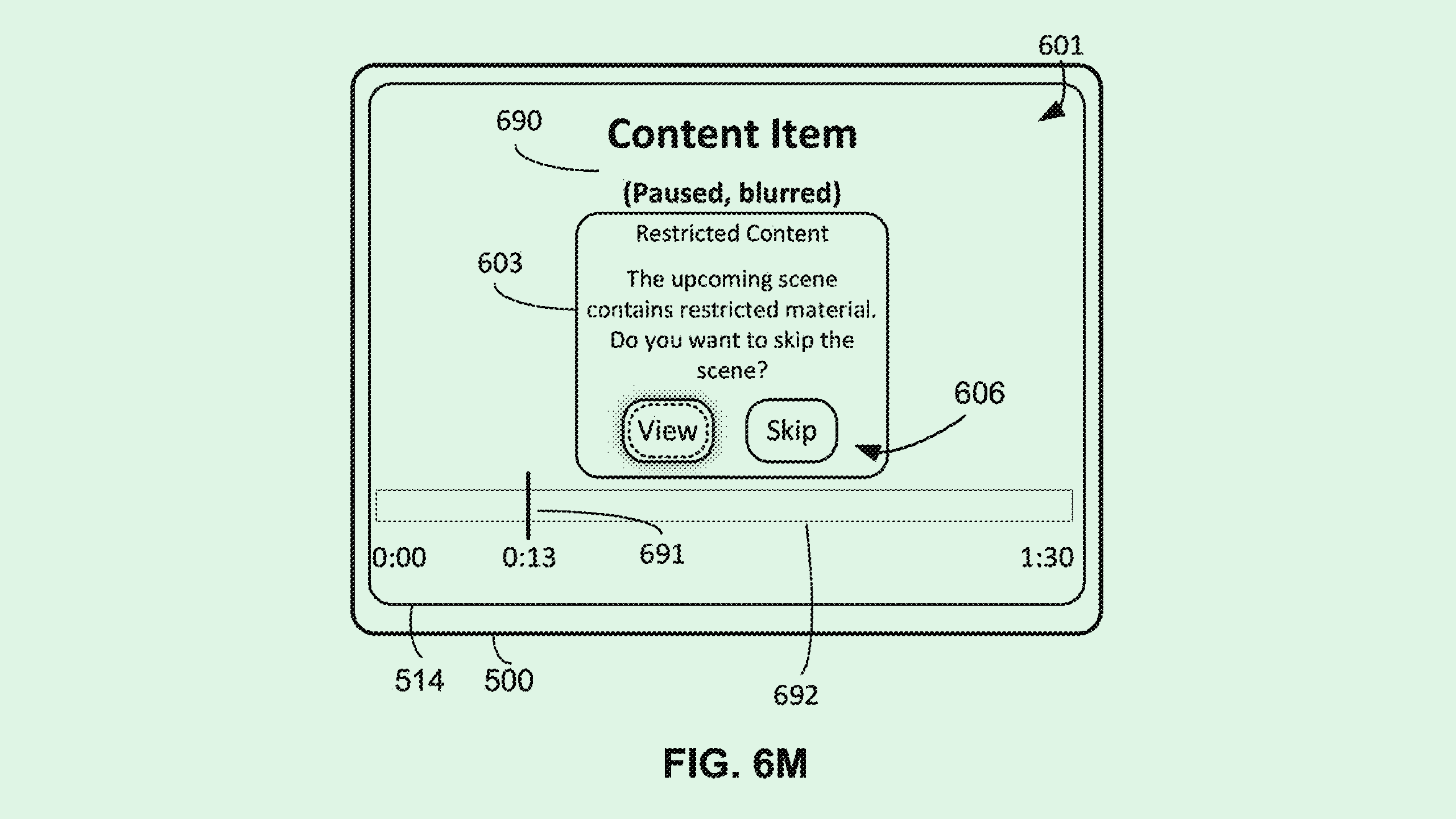
Sign up to uncover the latest in emerging technology.
Apple wants to prove that content control isn’t just for parents.
The company seeks to patent a system for “health aware media navigation and consumption.” Apple’s system essentially aims to keep its users from consuming content that may present a health risk.
“At times, a user may wish to consume media content that may present a risk to their health and wellbeing,” Apple said. “The user may therefore desire efficient ways for mitigating such a risk.”
Apple’s tech collects “sensitivity data” associated with users, such as a health condition that the user previously indicated in their profile. Using this, the system will automatically censor certain subjects in the content that they consume. For example, if a user has photosensitive epilepsy, A warning notification may pop up before scenes with bright flashing lights. Or if a user has substance abuse issues, the system may skip past scenes involving heavy alcohol or drug use.
Along with understanding personal health risks, the system may determine whether or not the content is sensitive via a machine learning model to identify “sensitivity metadata tags” associated with the media, as well as figuring out the level of sensitivity risk.
For users, this may look like a pop-up content notice that pauses the content, giving the user the option to watch the scene or skip it. If they skip, the system may offer a description of plot points that happened in the scene, so the watcher doesn’t miss pertinent information.
One of Apple’s biggest consumer tech niches is health. The company’s heath suite is filled with tech to track everything from exercise stats to sleep quality to medications. Its patent history is also riddled with health tech innovations, including health-tracking airpods, tech to visualize stress and emotional signals, and tons of monitoring capabilities for its smart watch.
But Apple’s highly specific health capabilities come with the caveat of needing a lot of personal data. This patent in particular would need access to specific health conditions that may warrant content censorship, such as light sensitivities or struggles with addiction. “In doing that kind of bespoke customization, there are risks,” said Daniel Berrick, policy counsel at the Future of Privacy Forum.
This could be concerning given that this kind of data collection isn’t covered under the Health Insurance Portability and Accountability Act, better known as HIPAA, said Berrick. Trusting a tech firm with your personal data always comes with risks, he said. The more sensitive the data, the bigger that risk grows, especially as health data privacy laws are still evolving as the tech itself develops.
“(HIPAA) regulates the use of a specific kind of health data in the healthcare context, so it’s probably not going to touch many consumer-facing applications,” he said. “Legislators are increasingly aware of the developments of technology, and as such, we’re seeing new laws come to the fore.”
What makes consumers trust Apple, however, is the privacy within its so-called walled garden, which leaves few points of entry for outside devices. Because Apple has made the privacy of its closed-off ecosystem such a selling point, consumers continue to give over their sensitive data in exchange for useful features, which gives the company the leeway to continue expanding what its health kit can do.
To its credit, Apple does seem to be aware of the power it holds. In the patent, the company noted that use of personally identifiable information should be handled to “minimize risks of unintentional or unauthorized access or use, and the nature of authorized use should be clearly indicated to users,” and noted that it may use de-identification to protect user privacy.



